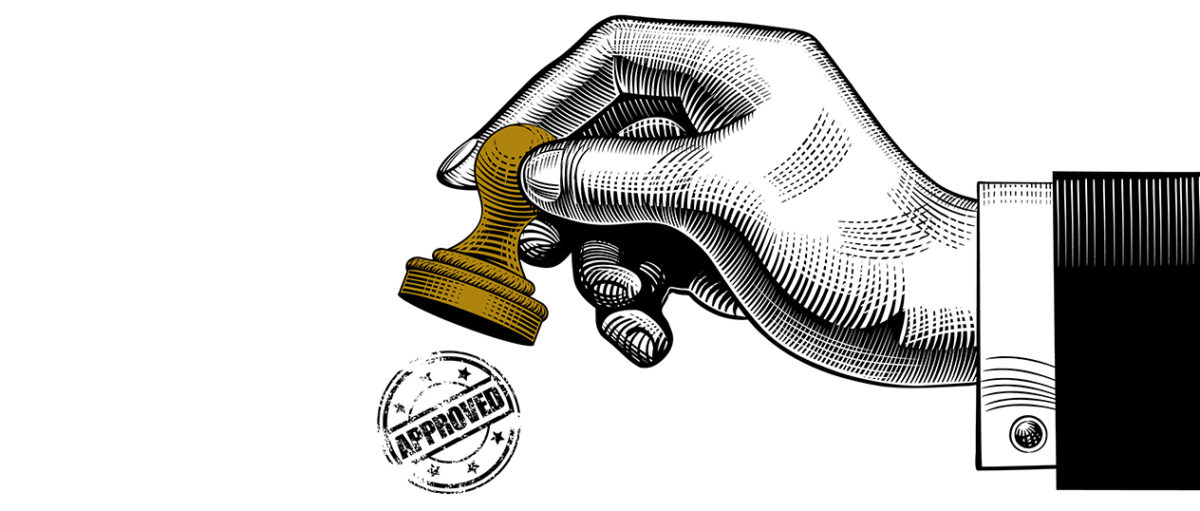Cardinal Financial News
Major Tax Bill Passed: What Does It Mean for You?

Five highlights you might want to know about the latest tax reform.
Congress officially passed the first major tax reform in 31 years. What does this mean for the mortgage industry and for homeowners (and would-be homeowners) across the country? Here are five things we think you should know about the latest tax reform.
1. The capital gains exclusion remains.
If you’re a homeowner planning to sell your house and turn a profit, there’s good news: the current law on capital gains exclusions is left in tact. This means individual homeowners who sell their home for a gain can still exclude up to $250,000 ($500,000 for married couples) as long as they’re selling their primary residence and have lived there for two of the last five years. This is a big win for current and prospective homeowners!
2. The mortgage interest deduction decreased.
If you’re a current homeowner, this change won’t apply to you. Any new homeowners, however, will only be able to deduct the first $750,000 of their mortgage debt (rather than the $1 million it used to be). If you’re planning on buying a high-priced or luxury home with a Jumbo loan, this will most likely affect you.
3. State and local tax deductions receive a cap.
Property taxes as well as state and local income taxes will remain deductible, yet with a combined limit of $10,000. Both the House and Senate bills tried to eliminate the state and local income tax deduction completely, but with no such luck. Now, filers who itemize their taxes can no longer deduct an unlimited amount from their state and local property, income, or sales taxes.
4. Deductions and waivers for students remain.
Great news for college and graduate students! For those with student loan debt, you can still deduct up to $2,500 per year from your student loan interest. Plus, grad students still get a break and don’t have to pay income taxes on their tuition waivers. They say homeownership is out of reach for those with student loan debt, but it’s news like this that makes us believe otherwise.
5. The corporate tax rate will lower.
Starting in 2018, the corporate tax rate will decrease, taking a cut from 35% to 21%, and is expected to increase individual earnings as a result. You know what that means: more take-home pay means more money you can put toward a down payment!
What does this tax reform mean for homeownership in the U.S.? Share your thoughts with us on social media!
About Cardinal Financial
We started Cardinal Financial with a passion for developing a better mortgage experience. Our proprietary loan origination software, Octane®, is a sure advantage, but we soon found out that revolutionary technology only goes so far without revolutionary people. We place a premium on hiring talented, forward-thinking, entrepreneurial spirits who are committed, not only to reimagining the possibilities of mortgage lending, but to delivering a personal experience to every borrower every time. We take a tremendous amount of pride in our people because they’re what sets us apart from the rest. Our culture is strengthened by self-starters who look forward to coming to work every day and are willing to go the extra mile for their colleagues and their clients. Cardinal Financial is where your career meets your calling. Join us and be a part of something more than mortgage lending. For more information about Cardinal Financial, visit cardinalfinancial.com or follow us on social media: facebook.com/cardinalfinancial and @CardinalFinancial on Instagram.
The summarized information mentioned in this article is information that was stated in the tax reform news coverage. Cardinal Financial is not claiming to be or acting as tax experts. It is expected that you seek your own tax and legal advice as we are not suggesting or advising on your behalf.




